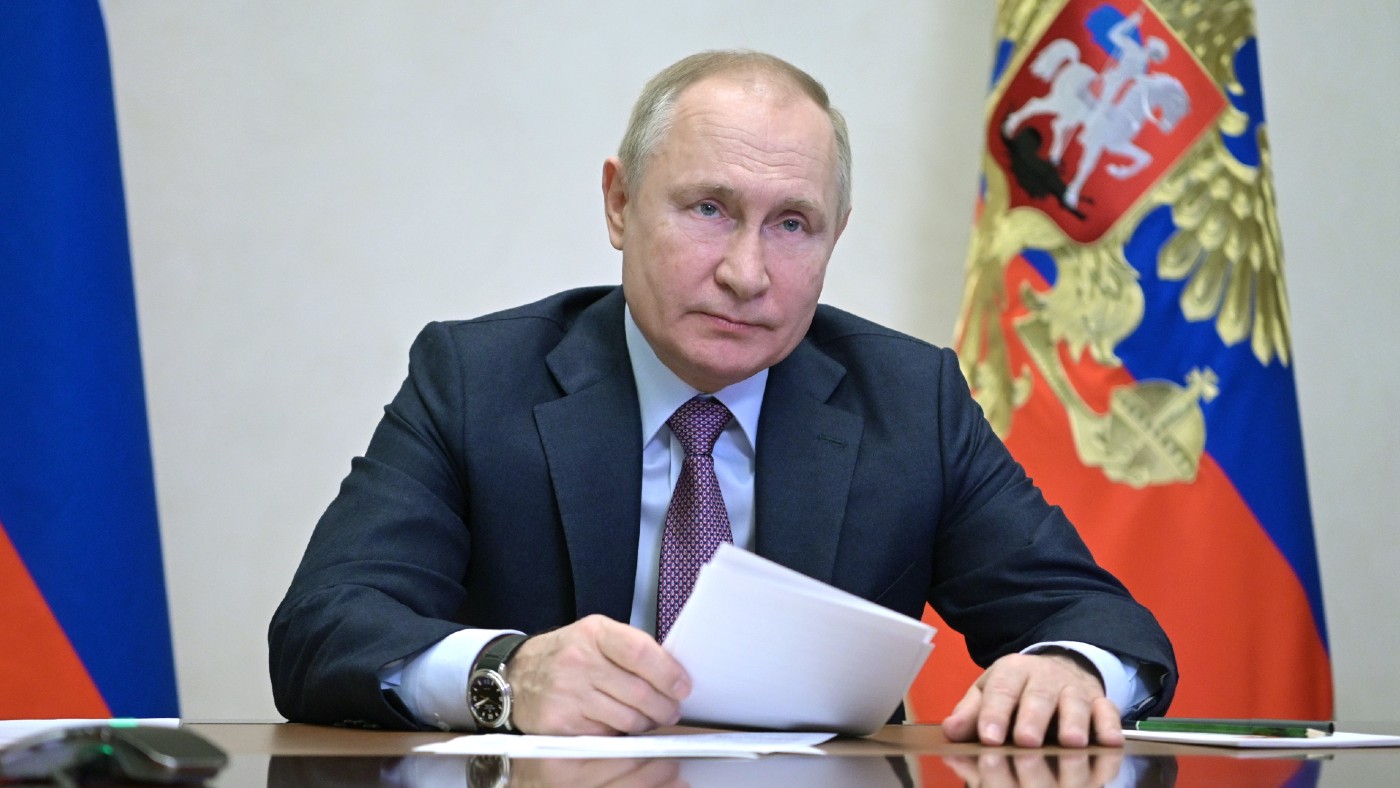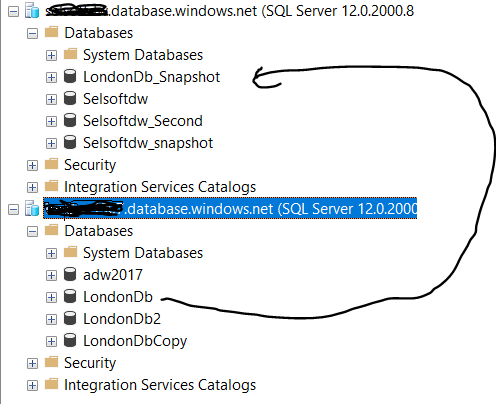
- Select a language for the TTS:
- UK English Female
- UK English Male
- US English Female
- US English Male
- Australian Female
- Australian Male
- Language selected: (auto detect) - EN
Play all audios:
Russia’s economy is in a state of shock following the introduction of “absolutely unprecedented” sanctions brought about by its invasion of Ukraine, the Kremlin has said. “Our economy is
experiencing a shock impact now and there are negative consequences, they will be minimised,” Vladimir Putin’s spokesperson, Dmitry Peskov, told reporters in Moscow. “The economic war that
has started against our country has never taken place before. So it is very hard to forecast anything.” As world leaders threaten to ratchet up sanctions further following allegations that
Russia is targeting civilians in Ukraine, Moscow has banned exports of more than 200 products until the end of the year, prompting speculation that a “new iron curtain” has descended.
SUBSCRIBE TO THE WEEK Escape your echo chamber. Get the facts behind the news, plus analysis from multiple perspectives. SUBSCRIBE & SAVE SIGN UP FOR THE WEEK'S FREE NEWSLETTERS
From our morning news briefing to a weekly Good News Newsletter, get the best of The Week delivered directly to your inbox. From our morning news briefing to a weekly Good News Newsletter,
get the best of The Week delivered directly to your inbox. ECONOMIC CRACKDOWN The US has banned all imports of Russian oil and gas, while the UK has said it will phase out Russian oil
imports by the end of 2022. Joe Biden said the move targeted “the main artery of Russia’s economy”. The EU, which currently imports a quarter of its oil and 40% of its gas from Russia, has
said it intends to switch to alternative suppliers. In another crunching measure, Germany said that final approval of the Nord Stream 2 gas pipeline has been put on hold, prompting the
company behind the project to lay off all of its staff. Australia has “banned imports of Russian oil”, The Guardian reported, but only after “shipments already ordered and paid for arrive”.
Japan is banning exports of “Russia-bound oil refinery equipment” and “Belarus-bound general-purpose items” that could be used by its military in Ukraine, reported Reuters. Bans on
commodities have also been accompanied by tough financial measures. Western countries have frozen the assets of Russia’s central bank and suspended it from the central banks’ organisation.
The Guardian said this is a “devastating move” when a sizeable chunk of Moscow’s $640bn war chest is held in dollars, euros and sterling. Germany and its Western allies have also cut Russia
out of the SWIFT global payment system. The Times said this move “could cut Russia off from transactions including overseas profits from oil and gas production – more than 40% of national
revenue”. The UK, EU and US have also imposed sanctions on several individual oligarchs, who are close to the Kremlin. The most high-profile of these moves came yesterday when the UK
government froze the assets of Chelsea FC owner Roman Abramovich. At least 30 countries have banned Russian planes from their airspace and Western governments are also considering further
bans on marine traffic after the UK announced it would stop ships and yachts “with any Russian connection” docking at its ports. ‘BLOWING HOLES’ Russia faces a “deep recession” this year,
the chief of the International Monetary Fund has warned. The sanctions are “denting severely the purchasing power and standard of living for a vast majority of the Russian population”, said
Kristalina Georgieva. “Sanctions are blowing holes in the Russian economy,” said the Financial Times’ associate editor Jonathan Guthrie. “The rouble has collapsed, bond default risk has
spiked, the Moscow stock exchange has closed and Russian oil trades at ever-deeper discounts to Brent.” Although sanctions are “sometimes dismissed as token gestures”, he added, “in this
case, they are doing real damage and could trigger a recession”. The value of the rouble has “plummeted” to a record low against the dollar, less than 1 cent, reported NPR, while the Russian
Central Bank more than doubled its key interest rate to 20%. ‘PARIAH STATE’ Russia will soon be unable to pay its debts, according to the leading credit agency Fitch Ratings, which warned
that a default is “imminent”. Debt defaults make it harder and more expensive for a nation to borrow due to “reputational damage”, said The Guardian. The Washington Post said measures by
Western nations and companies “threaten to cut off Russians to an extent unseen since the Soviet era”, prompting talk of a “new iron curtain” and “the rise of a pariah state version of
Russia”. The “iron curtain” was the name given to the “ideological, and later physical barrier, that existed between the capitalist/liberal democracies of western Europe and the
communist/Soviet bloc of eastern Europe” during the Cold War, said the BBC. Alexander Baunov, a senior fellow at Carnegie Moscow, told Axios that as sanctions “start to bite”, many Russians
will be “prepared to accept the Kremlin line that they are victims of economic warfare from the West that has nothing to do with the war in Ukraine”.





